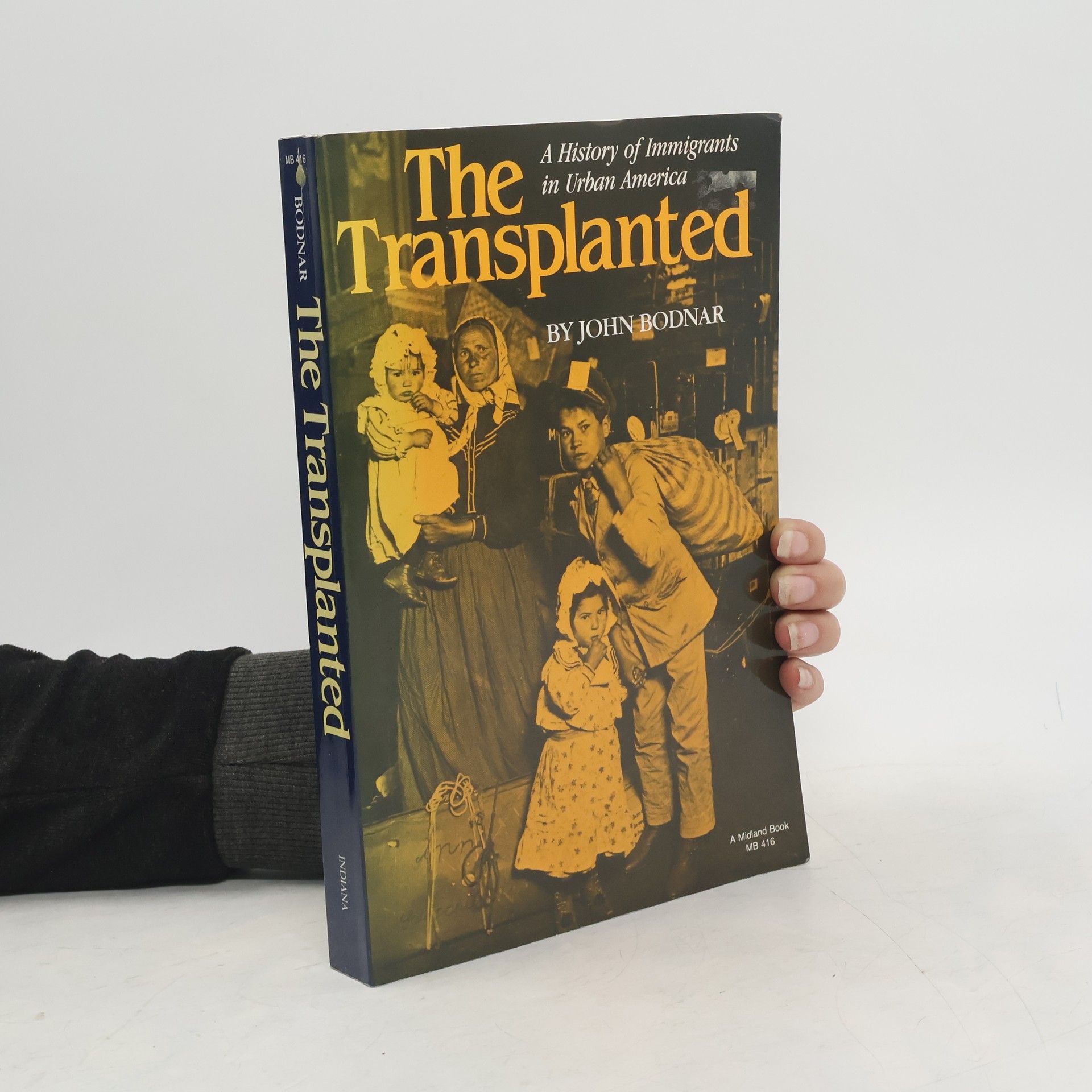" . . . an excellent broad overview . . . " ―Journal of Social History" . . . powerfully argued . . . " ―Moses Rischin" . . . imaginative and soundly based . . . " ―Choice"Highly recommended . . . " ―Library Journal" . . . an outstanding major contribution to the literature on immigration history." ―History" . . . a very important new synthesis of American immigration history . . . " ―Journal of American Ethnic History" . . . a state of the art discussion, impressively encyclopaedic . . . The Transplanted is a tour de force, and a fitting summation to Bodnar's own prolific, creative, and insightful writings on immigrants." ―Journal of Interdisciplinary HistoryA major survey of the immigrant experience between 1830 and 1930, this book has implications for all students and scholars of American social history.
John Bodnar Books


The book explores the contrasting expressions of patriotism in America following the September 11, 2001 attacks. It highlights the rise of a war-based patriotism that rallied support for military actions in Afghanistan and Iraq, alongside a call for empathic patriotism that acknowledged the suffering caused by these events. Two decades later, these divergent forms of patriotism continue to influence the nation's historical narrative and political landscape regarding the legacy of 9/11.